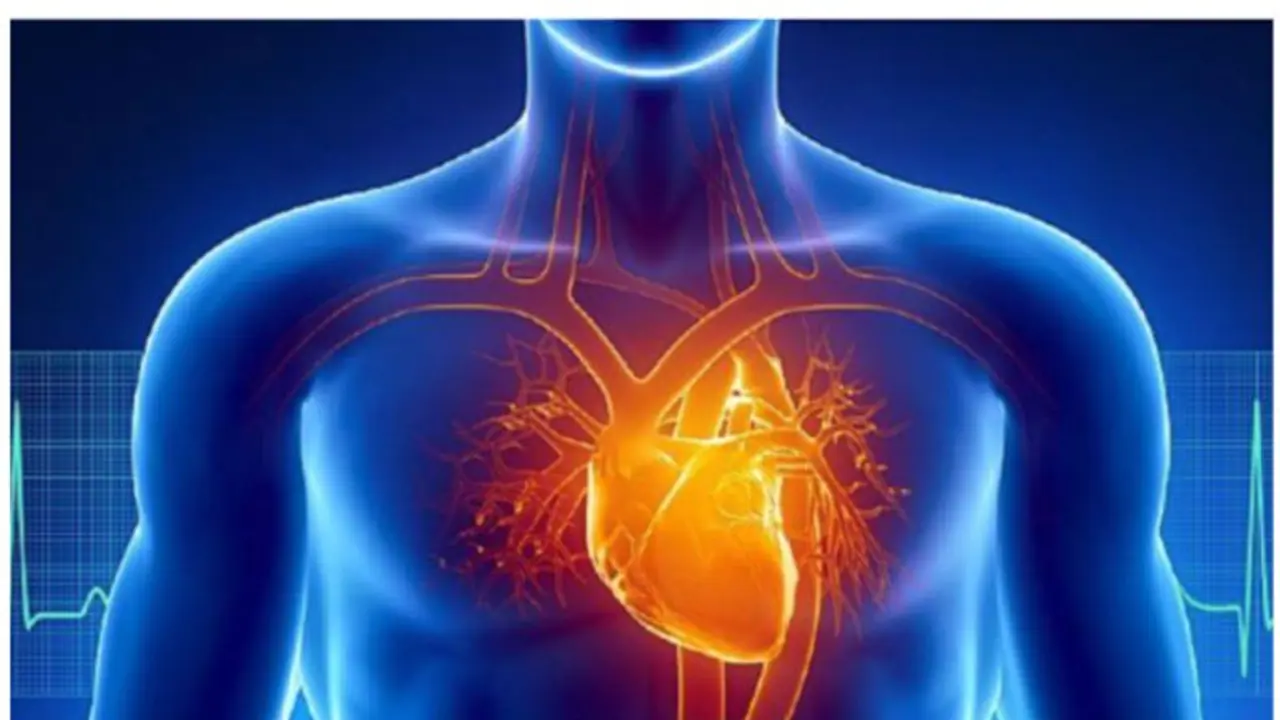We spoke to Dr Naveen Chandra, Consultant - Interventional Cardiology, Manipal Hospital, who shared his expert views on why young patients in their 30s and 40s have heart attacks and other cardiovascular diseases.
Myocardial Infarction, commonly known as a heart attack, is a deadly medical condition usually caused by a blockage in the arteries that decreases or stops the blood supply to the heart. The heart muscle starts to die when it doesn’t receive enough blood flow through the arteries.

Myocardial Infarction can cause permanent damage to the heart and can be fatal if blood flow isn’t restored quickly. The first 3-6 hours is the most crucial point (the golden period) within which the treatment should be initiated.
Causes of myocardial infarction
Heart attack can happen during any activity; any exertion can increase the risk of a heart attack. Despite the best of care, you can still have such episodes going forward. It is not a contraindication for people to avoid exercise. Moderate-intensity exercise is good for the heart. But if you want to go for a high-intensity exercise, it has to be a structured plan. But before starting a high-intensity exercise, get a baseline heart check-up done in case you have risk factors.
Also Read: What is Myocardial Infarction? Did it lead to Raju Srivastava suffering a heart attack?
For cardiovascular benefit, moderate intensity exercise like brisk, walking 30 to 45 minutes a day, 4 to 5 times a week is more than sufficient.
In the last few months, many young patients in their 30s and 40s have heart attacks and other cardiovascular diseases. The reason might be unhealthy lifestyles and changes in the epidemiology of risk factors like stress.
One of the strongest risk factors for myocardial infarction is genetics. If there is a family history of heart disease between 40 to 50 years - it may be parents, cousins, uncles, first-degree or second-degree relatives, then the risk of a person having a heart attack is higher. It could be caused by cholesterol or any other genetic factors. Such people should do regular check-ups so that they don’t miss out on any treatable causes. High blood pressure is a popular cause of heart attacks in India. If you have hypertension, your likelihood of developing heart problems is higher. People with high blood sugar levels are also at an increased risk of having heart attacks and coronary artery disease later in life.
Also Read: 5 tips that will protect you from a heart attack
Symptoms of Myocardial Infarction:
While the most experienced symptom of myocardial infarction is chest pain in both men and women, they may vary from patient to patient. Some of the symptoms that are associated with myocardial infarction can be pressure or tightness in the chest, pain in the chest, back, jaw, and other areas of the upper body, shortness of breath, etc. Some women, old, or diabetic patients also show ‘atypical’ symptoms such as vomiting, burning sensations, throat constriction/pain, and abdominal pain.
Treatment options:
In myocardial infarction or heart attacks, the goal of treatment is to open up the artery. There are two ways of approaching this problem – medication and intervention.
Medications include aspirin and blood thinners such as fibrinolysis –an injection that can open up the artery and help re-establish the blood flow. It has a 50 to 60% success rate, however, there is a significant risk of bleeding as it is a strong blood thinner.
Also Read: PRIME REASONS CAUSING RISE IN HEART ATTACK: LACK OF PROPER SLEEP, FOOD AND EXERCISE
The standard care of treatment is called primary angioplasty. In cases of myocardial infarctions, an angiogram is performed in order to detect heart blockages. The next step is to insert a balloon or stent that opens up the artery. The earlier the treatment is initiated, the lesser the chances of complications of heart disease. Any further delay might cause the muscle to be damaged which will lead the patient to live a bad quality of life.
